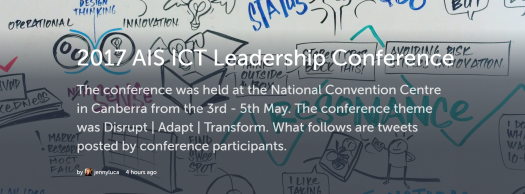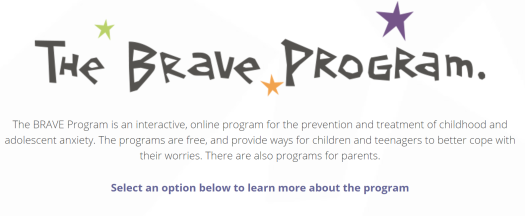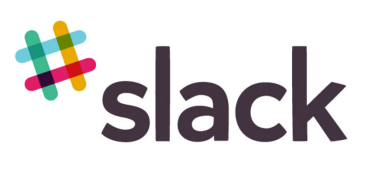Full disclosure first up. I’m on the organising committee for the AIS ICT Leadership Conference and have been for the last four years. I’m going to talk about this conference in glowing terms in the next few paragraphs, so you can decide to take my words on board or take them with a grain of salt. Your choice. 🙂
This a conference designed for IT Managers and their support staff to come together, share knowledge, and be inspired by carefully selected keynote speakers. Now, you might note that I’m not in the role of IT Manager any more in the school I teach at. I’m now occupying the eLearning space as Head of Digital Learning and Practice. But that’s what is truly great about this conference. It recognises the intersection between making the back end of IT at a school work seamlessly with the front end – how it impacts on the possibilities for teaching and learning within said schools.
And that’s a very important thing to note. If an IT team has lost sight of what their purpose is in an organisation like a school, then there’s the possibility that the direction an IT team takes may not be in tune with the primary purpose of a school – the education of young people. In today’s world, as it becomes increasingly important that our students gain digital literacy skills that will assist them to navigate a world dominated by technology, then having IT teams closely integrated and cognisant with the educational direction a school is taking is critical.
What was pretty clear last week was that there are plenty of IT Managers and staff working in IT Teams who are fully across what their purpose is in a school. You can see for yourself if you take a look at the Storify of tweets I compiled from the three days the conference ran last week. Conference participants were lucky enough to listen to Dr. Jordan Nguyen talk about the work he is doing with assistive technologies that are changing the lives of people affected with severe disabilities. At 32, Jordan is one of those exceptionally impressive human beings who makes you feel like you’ve been frittering away your time. Take a look at this TEDx Sydney talk where Jordan discusses how technology is reinventing humanity.
They also got to hear from Michael Carr Gregg, an Australian psychologist who would be very well known to many of you reading this. Michael talked about student mental health and technology. What was refreshing about this talk was the fact that Michael wasn’t proposing that our young people ditch the technology they use – he acknowledged it’s pervasive influence on their lives, but pointed out both the negative and positive influence it can have. Michael delivered a rapid fire presentation where he shared many website links and apps that young people with mental health issues can access to help them deal with anxiety and depression. I tweeted furiously during this session, trying to capture as much as I could. The Storify has collated my tweets and those of others who were also tweeting at lightning speed. I’d recommend you take a look. I really need to find time to look at websites like ‘The Brave Program’ and see what they are doing to support our young people and their parents.
Students from Northern Beaches Christian School have been in attendance over the last couple of years filming sessions as the Conference Media Team. They are very ably led by Chris Woldhuis, Deputy Principal, 2016 NSW ICT Educator of the Year and all round very nice guy. It’s fantastic to see these students take the reins, do a magnificent job, and bring what is a very important student presence to the conference.
I’d encourage IT teams from across Australia, NZ and our counterparts in International schools in SE Asia to make their way to Canberra in 2018 for the next conference (dates still to be determined). It’s a community conference – social events are part of the costs and the all in nature of them foster collegiate networking opportunities for both conference participants and vendors. This year we all ventured to the National Portrait Gallery for drinks and substantial canapes, and the next evening the conference dinner was hosted in the Great Hall at Parliament House. John Clear, who works at the AIS, and Graeme Kachel, the conference chair, worked tirelessly to ensure everything ran smoothly and they deserve much credit for the success of the conference.
Most importantly, we took away a lot of learning that will help all of us do our work better in the schools we inhabit. And that’s a good thing. 🙂





